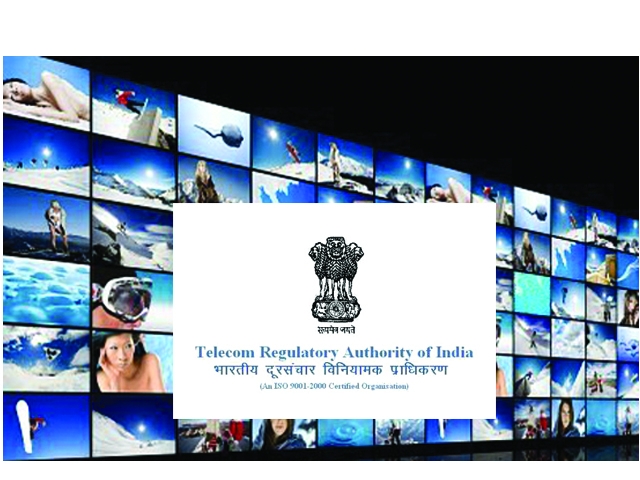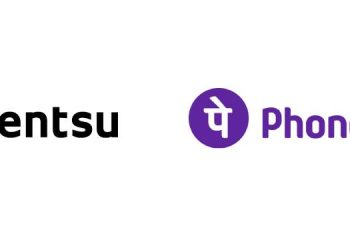
Are we headed for some draconian law regulating news media? The signs are ominous.
In August this year, the Telecom Regulatory Authority of India (TRAI), the broadcast regulator, came out with a paper that had recommendations on “Issues relating to media ownership”. In six years this is the fourth such paper that TRAI has brought out on the request of the Ministry of Information and Broadcasting, the apex regulatory authority for the Rs 83,000-crore media and entertainment industry in India.
In September, there was a two-day National Consultation on Media Law organised by the Law Commission of India and National Law University, Delhi.
In November, Justice A P Shah, the chairman of the Law Commission, met editors and senior journalists for a consultation on media regulation.
In the last three months, I have met one PhD scholar and responded to half a dozen information requests on media regulation. And then there is noise, within media, on regulation. By themselves, these events signify the normal discussions happening around an industry that is facing flak over its conduct. But is there more to it? Is this the deliberate noise created through civil society and regulatory bodies in a build-up of public and executive opinion in favour of media regulation.
Funnily enough, media owners who should have taken charge of this discussion seem passive. Off the record, many worry about the frequency at which talk of regulating the media is popping up. But clearly it doesn’t move them enough.
That there is trouble with the news industry is evident from the alarming fall in ethics and standards of news outlets across TV, online and newspapers.
However, what is being put out in the public domain is completely coloured by a “regulation is the answer” perspective. The Law Commission’s event meandered around familiar territory – paid news, private treaties – before degenerating into a “bash the news media” session. The Trai paper, good in patches, has one recommendation that is foxing the industry – that corporates should be restricted from owning media. This is a big invitation for dodgy capital in a business stuffed with it.
Whether it is medicine, real estate, mining or media, the big problem in India is not the lack of regulation, but poor implementation of it. So instead of focussing on a new law, here are a few steps that could go a long way in improving the quality and ethics in news media.
One, give the Press Council of India and the Indian Broadcasting Federation some teeth. The reason the Press Council has been a hapless spectator to paid news is because it does not have any powers to punish.
Two, facilitate the business. Newsgathering is expensive. It needs capital, well-trained people and several distribution options to make money. Even with all of that, few news organisations in the world manage to make money. Many of the really top-notch ones are either taxpayer-funded (BBC) or have a benevolent patron (The Guardian, Al Jazeera and so on).
The government could facilitate capital by pushing up foreign investment limits (from 26 to 49 per cent) and by removing the “a single Indian shareholder to control 51 per cent of a news company” condition. If this encourages strategic investors, who have shown little appetite for Indian media so far, it would be great. A Dow Jones or a Bloomberg, brings with it knowledge, processes and training – a crying need in the Indian news industry.
Another way to facilitate the business – pushing through, instead of the current delaying, the process of digitisation of television. This will push down costs drastically and make pay revenues accessible to big and small broadcasters.
Three, set the Prasar Bharati Corporation, which operates Doordarshan and All India Radio, truly free. This could be done by transferring its assets (towers, land) to the corporation and relinquishing the financial and administrative powers the government retained even after the corporation was formed in 1997. A strong, independent public service broadcaster forces the private ones to follow its lead on quality – as the BBC has shown in the UK.
Easier access to capital, pushing digitisation for lower costs and higher revenues, introducing a not-for-profit high-quality competitor into the game and backing all this with a stronger self-regulatory framework would help create an ecosystem in which good news can thrive – commercially and otherwise.
These are simple moves. But they require a belief in free speech and political will. Most governments don’t have one or the other.
Source : BS
Author : Vanita Kholi – Khandekar

















